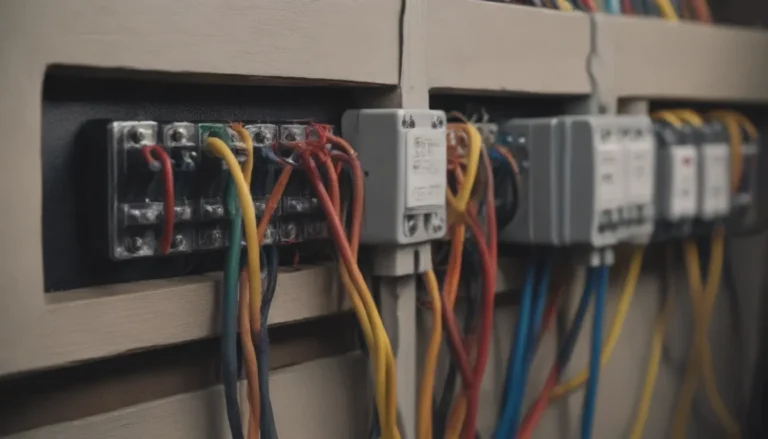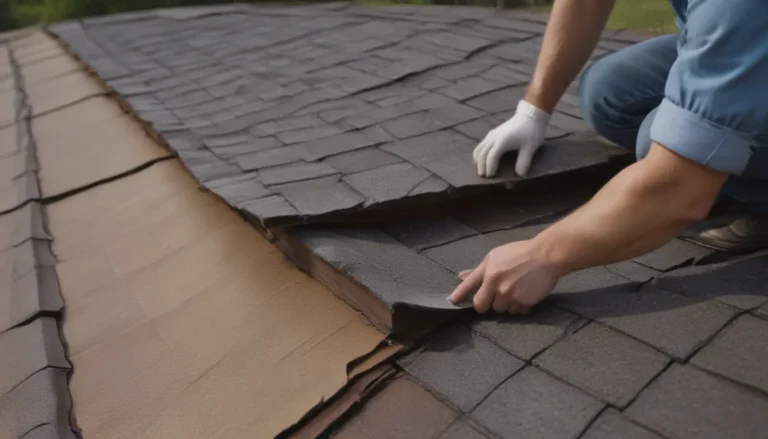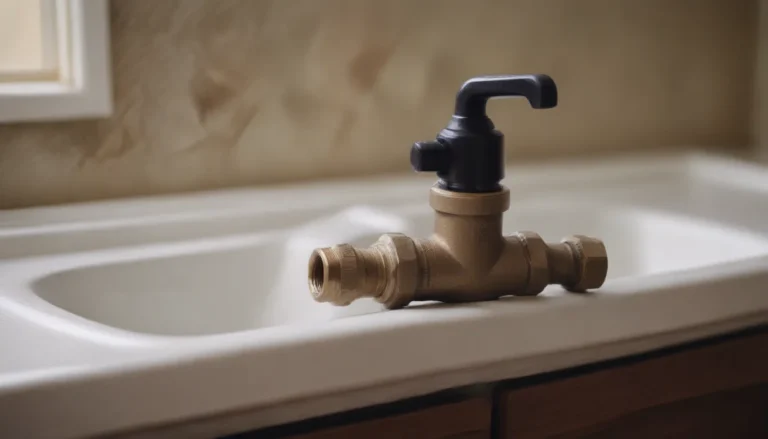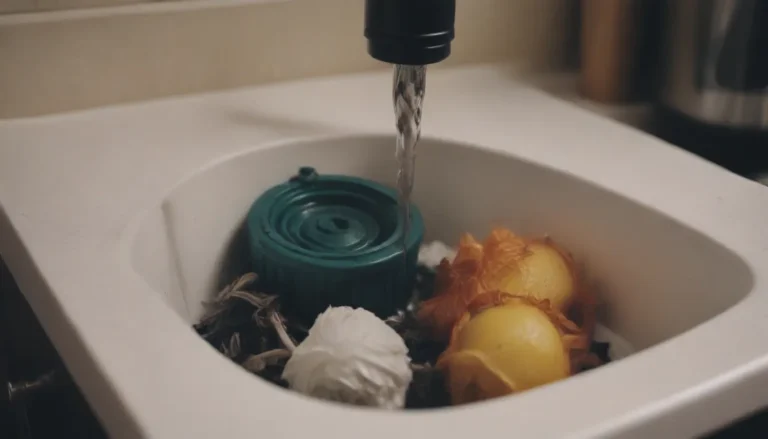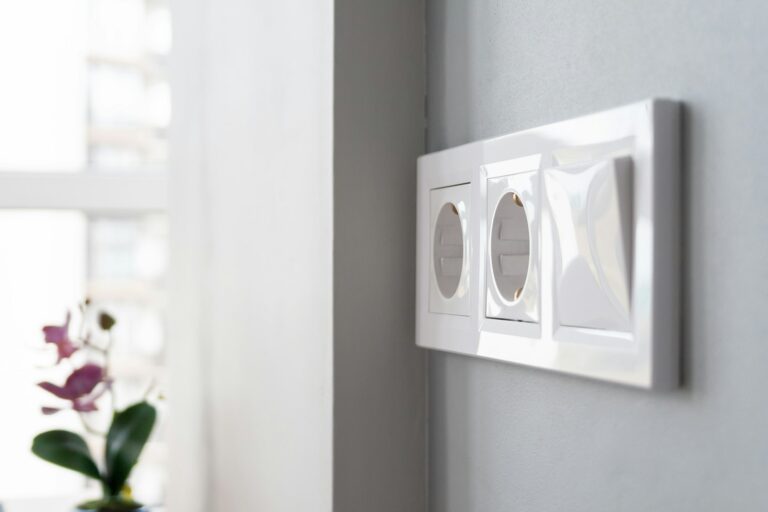Quartz vs. Laminate Countertops: A Comprehensive Comparison
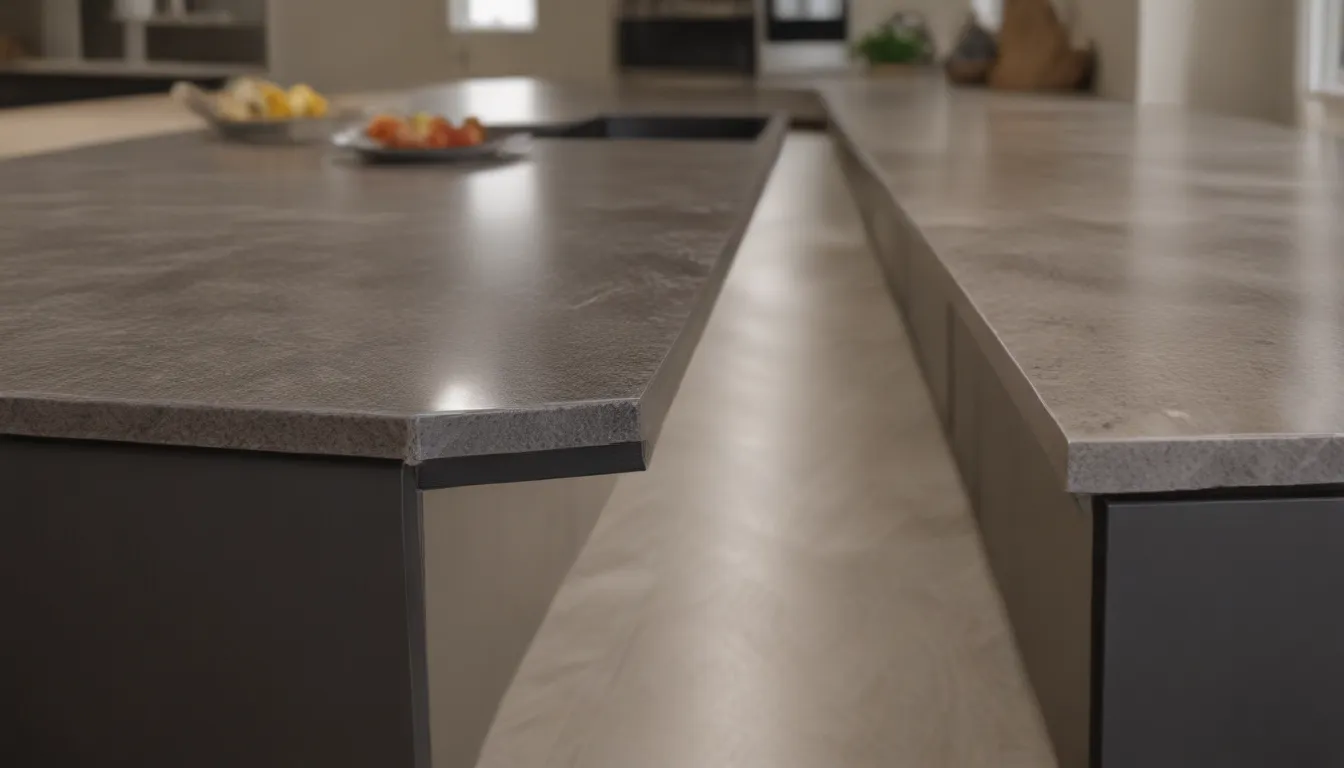
Are you torn between quartz and laminate countertops for your kitchen? In the past, laminate was seen as a budget-friendly option while quartz was considered a premium choice. However, times have changed, and both materials now compete for a place in modern kitchens. To help you make an informed decision, let’s dive into the differences and similarities between quartz and laminate countertops.
Understanding Quartz and Laminate Countertops
Before we delve into the specifics, let’s take a closer look at what quartz and laminate countertops are made of:
- Laminate Countertops:
- Consist of a sandwich of materials, with an MDF particleboard as the structural base covered by a thin sheet of laminate.
- The laminate layer replicates the look of wood, stone, or solid colors, with a wear layer for protection.
-
Made primarily of kraft paper and synthetic resins, not plastic.
-
Quartz Countertops:
- Blend multiple materials, with over 90% stone particles like quartz and marble mixed with resin and colorants.
- The mixture is heated and compressed to create a durable, hard slab.
- Offer a wide range of colors and styles, resembling natural stone with depth and texture.
Tip:
Remember, laminate is made of layers of kraft paper and resins, not plastic as commonly believed.
Appearance: Choosing the Right Look
Quartz Countertops:
- Quartz offers a limited range of solid colors but a wider variety of flecked colors and styles.
- *The stone-like appearance of quartz extends throughout the material, providing a three-dimensional look.
- Best for Appearance: Quartz – If you desire the look of natural stone with depth and texture, quartz is a top contender.
Laminate Countertops:
- Laminate can mimic the veining and structure of marble and travertine effectively.
- Comes in a broad range of colors, from soft pastels to vibrant hues.
- Best for Appearance: Tie – High-end laminates are becoming more realistic, but quartz still offers a unique visual depth.
Water and Heat Resistance: Durability Considerations
Water Resistance:
- Quartz countertops are 100% waterproof, requiring no sealing.
- While the surface of laminate is waterproof, the materials beneath may not be.
- Best for Water Resistance: Quartz – Quartz countertops are more water-resistant than laminate.
Heat Resistance:
- Quartz is not as heat-resistant as natural stone and can be damaged by high temperatures.
- Laminate can delaminate under heat, especially at the wood base.
- Best for Heat Resistance: Tie – Both materials can sustain damage from high heat and require caution.
Durability and Maintenance: Longevity Matters
Quartz Countertops:
- Highly abrasion-resistant and can be professionally sanded and buffed if scratched.
- Durable and low-maintenance, requiring minimal care.
Laminate Countertops:
- While the wear layer is robust, scratches cannot be sanded out.
- Maintenance can be a concern, especially with sharp objects.
Best for Durability and Maintenance: Quartz – Quartz countertops are tougher and easier to maintain than laminate surfaces.
Installation: Who Wins in Ease of Installation?
Quartz Countertops:
- Almost always require professional installation due to the technical skills needed.
- Once installed, quartz countertops offer a seamless finish.
Laminate Countertops:
- Can be professionally installed or self-installed with basic woodworking skills.
- Cost-efficient if installed DIY, with pre-attached options available.
Best for Installation: Laminate – While both materials benefit from professional installation, laminate offers a DIY option for those with handyman skills.
Cost: Budget-Friendly Considerations
Quartz Countertops:
- Cost between $50 to $150 per square foot, with some economical options available.
Laminate Countertops:
- Range from $14 to $38 per square foot, making them a budget-friendly choice.
Best for Cost: Laminate – Laminate countertops are significantly more affordable than quartz options.
The Verdict: Making Your Decision
In conclusion, the choice between quartz and laminate countertops depends on your priorities. While quartz offers durability, water resistance, and a premium appearance, laminate countertops are cost-effective and versatile. Premium laminates are narrowing the gap with quartz in terms of aesthetics and performance, making them a viable alternative for homeowners.
Whether you opt for the timeless elegance of quartz or the practicality of laminate, both materials have their unique advantages. Consider your budget, maintenance preferences, and aesthetic preferences when making your decision. Ultimately, the best countertop choice is one that aligns with your lifestyle and design vision.
When it comes to quartz vs. laminate countertops, there is no one-size-fits-all answer. Evaluate your needs and compare the features of each material to select the countertop that suits your kitchen best. Happy remodeling!
